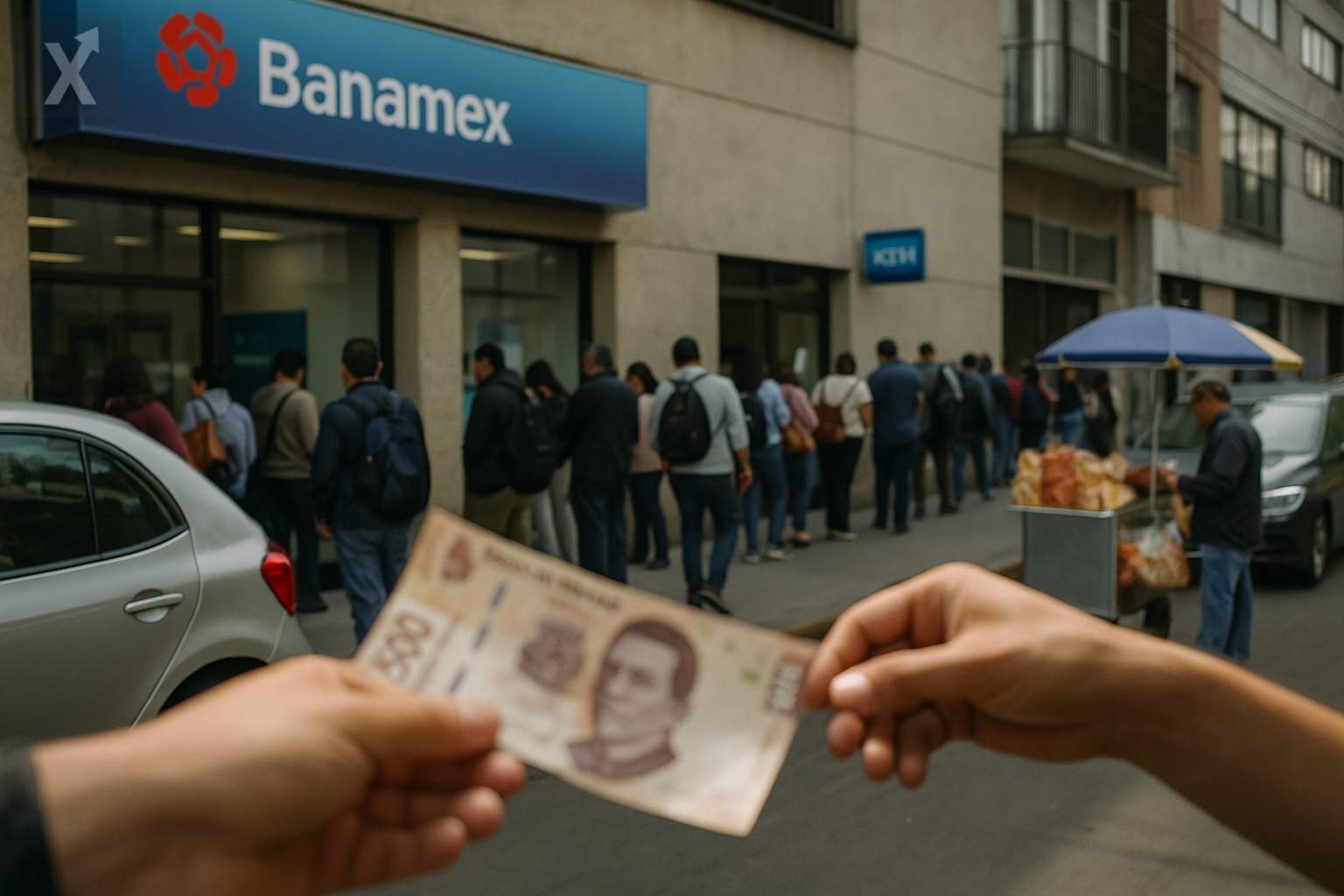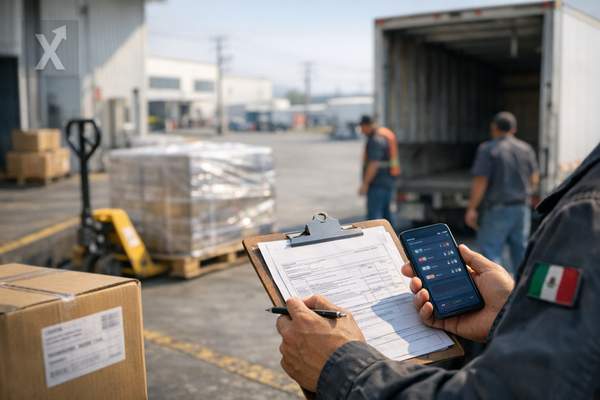Possible U.S. Tariffs Shake Up Global Trade Environment: Mexico Remains Alert to Economic Repercussions

Recent statements by former U.S. President Donald Trump regarding the imposition of a 25% tariff on products from Japan and South Korea have reignited uncertainty about the future of global trade relations. Although the measure is scheduled to take effect on August 1, the news is causing concern in countries with strong commercial ties to the United States, such as Mexico.
Trump argues that trade relations with these countries “are far from reciprocal,” and warned that products using third countries as points of transit would also be subject to this tariff as an attempt to curb evasion strategies. The decision is part of a broader strategy in which Washington has ramped up tariff pressure on its main trade partners, aiming to renegotiate agreements more favorable to U.S. interests.
Although the measure is mainly aimed at Asia, the context is highly relevant for Mexico, whose export model is firmly anchored to the U.S. market. An escalation in the global trade war could disrupt trade flows and impact value chains involving Mexican companies. Moreover, stricter U.S. tariff policy could put additional pressure on the Mexican economy, especially in manufacturing and export-oriented sectors such as automotive and electronics.
It is important to note that, so far, Mexico and the United States continue to uphold the United States-Mexico-Canada Agreement (USMCA), which provides clear rules for trade and investment among the three countries. However, the volatile environment and potential tariff retaliation have raised concerns about possible indirect effects, such as weakened demand for Mexican inputs and products if the tariffs impact North American production or reduce the region’s competitiveness compared to other global supply chains.
Local analysts warn that if the protectionist trend in the United States intensifies, Mexico could, on one hand, attract investment from Asian companies seeking to relocate production to avoid tariffs (the so-called “nearshoring” phenomenon), but on the other hand, it could also face risks of slower growth if industrial investment is discouraged or if there is a slowdown in global trade. Factors such as exchange rate volatility, imported inflation, and declining business confidence are all scenarios to watch closely in the coming months.
In this context, Mexico’s Ministry of Economy is closely monitoring international negotiations and maintaining ongoing dialogue with its counterparts in North America and Asia, seeking to minimize negative impacts on the national productive sector. The challenge will be to maintain investor and exporter confidence amid a volatile international landscape, subject to unilateral U.S. trade policy decisions.
In summary, even though the tariff announced by the United States is not specifically targeted at Mexico, its implementation could trigger side effects on the national economy by altering the dynamics of international trade. Facing an uncertain global scenario, Mexico will need to strengthen its trade diversification, promote regional integration, and bolster the responsiveness of its productive sectors in order to overcome the challenges ahead.






